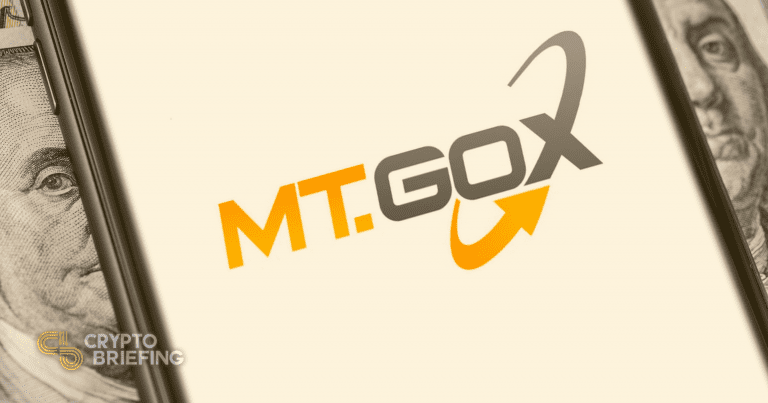Mt. Gox Suspects Charged: Russian Nationals Indicted by DOJ

Key Takeaways
The U.S. DOJ has charged two Russian nationals for their connection to the Mt. Gox hack of 2011.
Both suspects will be charged with conspiracy to commit money laundering in the Southern District of New York.
One suspect is charged with money laundering conspiracy and operating an unlicensed money services business in the Northern District of California.
Share this article
Alexey Bilyuchenko, 43, and Aleksandr Verner, 29, both Russian nationals, have been charged by the U.S. Department of Justice in connection with the 2011 hacking of prominent cryptocurrency exchange Mt. Gox and the illicit operation of another crypto exchange called BTC-e.
The 2011 heist led to Mt. Gox’s eventual insolvency in 2014.
The charges filed by the Southern District of New York include conspiracy to commit money laundering against both defendants, while the Northern District of California has additionally charged Bilyuchenko with money laundering conspiracy and operating an unlicensed money services business.
These charges reveal a complex, years-long operation that spanned multiple continents and involved the theft and laundering of approximately 647,000 BTC from Mt. Gox users. U.S. Attorney Ismail J. Ramsey for the Northern District of California stated in the press release:
“For years, Bilyuchenko and his co-conspirators allegedly operated a digital currency exchange that enabled criminals around the world – including computer hackers, ransomware actors, narcotics rings, and corrupt public officials – to launder billions of dollars.”
The inditement alleges that Bilyuchenko and Verner executed a significant hack against Mt. Gox, the largest Bitcoin exchange at the time, in September 2011. Using their unauthorized access, they allowed “bitcoin to be transferred from Mt. Gox’s wallets to bitcoin addresses controlled by Bilyuchenko, Verner, and their co-conspirators.” They supposedly laundered more BTC through two other online exchanges in addition to the 647,000 BTC from Mt. Gox, according to the DOJ.
Posing as providers of advertising services to a Bitcoin brokerage service in New York, the pair allegedly convinced the broker to transfer over $6.6 million to offshore accounts under their control from March 2012 to April 2013. In return, the broker received “credit” on an exchange platform, which was used to launder more than 300,000 stolen BTC:
“The fraudulent Advertising Contract with the New York Bitcoin Broker allegedly enabled Bilyuchenko, Verner, and their co-conspirators to conceal and liquidate bitcoins stolen through the Mt. Gox Hack.”
Bilyuchenko has been accused of joining forces with Alexander Vinnik, a Russian cryptocurrency “money launderer” convicted by the DOJ in 2022, to operate the infamous BTC-e virtual currency exchange from 2011 until it was closed by law enforcement in 2017. The indictment claims BTC-e was one of the world’s largest cryptocurrency exchanges, allegedly used as a laundering tool for cyber criminals globally.
Share this article
The information on or accessed through this website is obtained from independent sources we believe to be accurate and reliable, but Decentral Media, Inc. makes no representation or warranty as to the timeliness, completeness, or accuracy of any information on or accessed through this website. Decentral Media, Inc. is not an investment advisor. We do not give personalized investment advice or other financial advice. The information on this website is subject to change without notice. Some or all of the information on this website may become outdated, or it may be or become incomplete or inaccurate. We may, but are not obligated to, update any outdated, incomplete, or inaccurate information.
You should never make an investment decision on an ICO, IEO, or other investment based on the information on this website, and you should never interpret or otherwise rely on any of the information on this website as investment advice. We strongly recommend that you consult a licensed investment advisor or other qualified financial professional if you are seeking investment advice on an ICO, IEO, or other investment. We do not accept compensation in any form for analyzing or reporting on any ICO, IEO, cryptocurrency, currency, tokenized sales, securities, or commodities.
See full terms and conditions.














